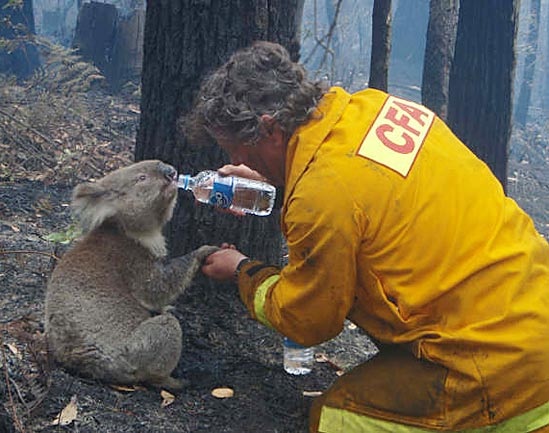Japan, Taiwan ships clash with water cannon
Japanese and Taiwanese patrol ships blasted each other with water cannon as a fishing fleet from Taiwan mobilized a protest flotilla to the contested East China Sea islands.
Japanese and Taiwanese patrol ships blasted each other with water cannon as a fishing fleet from Taiwan mobilized a protest flotilla to the contested East China Sea islands.
Japan’s cabinet turned down recommendations of a special panel to phase out nuclear power by 2040—a move openly portrayed as a capitulation to the nuclear lobby.
China and Japan are moving ahead with new Free Trade Agreements such as the ASEAN+6 pact and the Trans-Pacific Partnership, even amid escalated military tensions.
Leon Panetta warned that the latest escalation over islands disputed by China and Japan could lead to war—even as he arrived in Tokyo to inaugurate a new anti-missile system.
Japan’s Prime Minister Yoshihiko Noda signed a resolution describing South Korea’s control of disputed islands in the Sea of Japan as an “illegal occupation.”
The 67th anniversary of Japan's World War II surrender saw a confrontation with Chinese activists over the contested Senkaku Islands in the oil-rich East China Sea.
A protest campaign on Okinawa has won a commitment from the Pentagon and Japanese government to delay deployment of Osprey aircraft to the island pending further study.

Isamu (Art) Shibayama, a rights advocate for Latin Americans of Japanese descent who were detained in prison camps in the United States during World War II, died July 31 at his home in San Jose, Calif. Born in Lima, Peru, in 1930, Shibayama was 13 when his family was detained and forcibly shipped to the United States. They were among some 2,000 Japanese-Peruvians who were rounded up and turned over to the US military for detention after the Pearl Harbor attack. Upon their arrival in New Orleans, the family was transported to the "internment camp" for Japanese-Americans at Crystal City, Texas. The family would remain in detention until 1946. Shibayama eventually won US citizenship, but was denied restitution for his wartime detention on the basis that he had not at the time been a US citizen or legal resident. He was still seeking justice from the Inter-American Commission on Human Rights at the time of his death. (Photo via the New York Times)